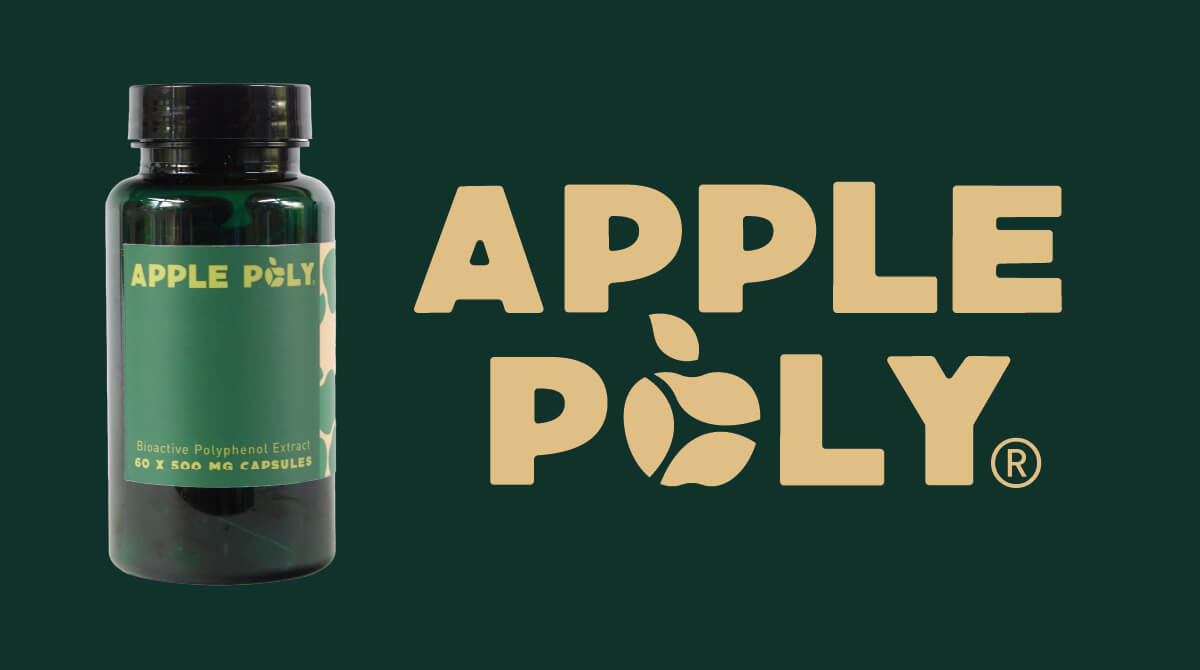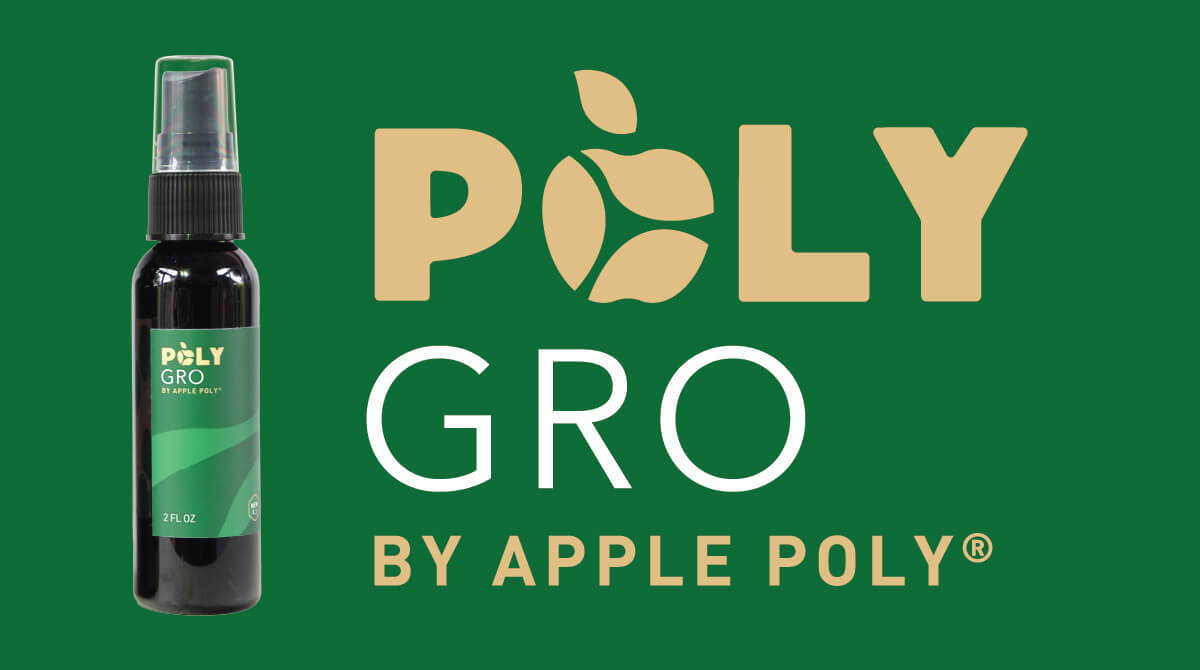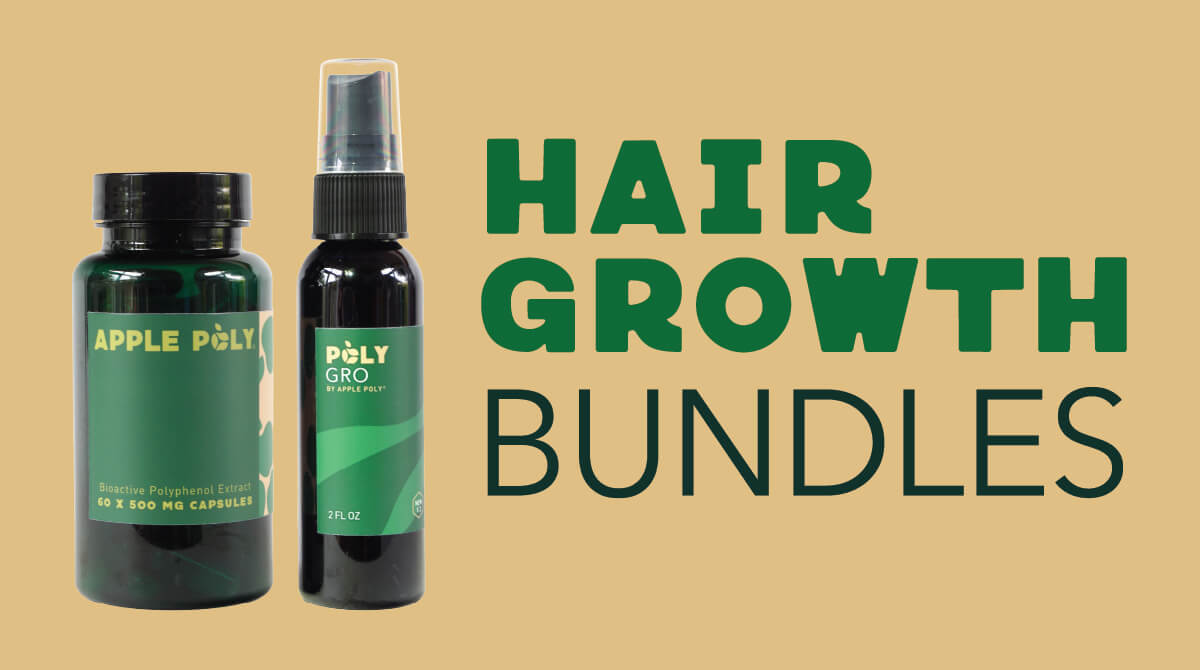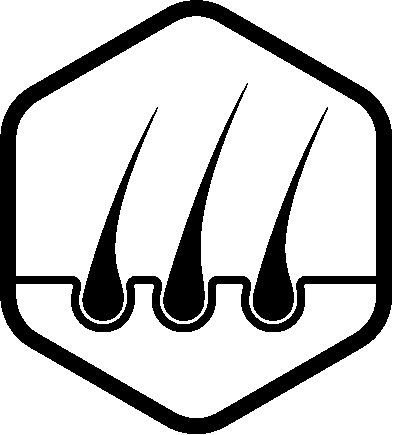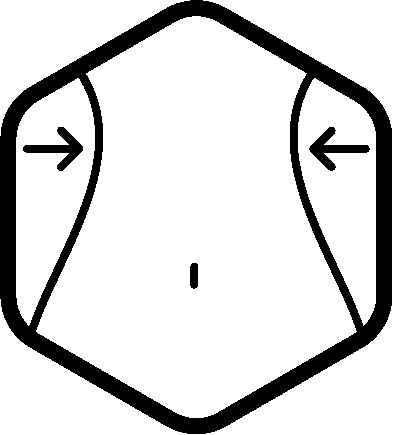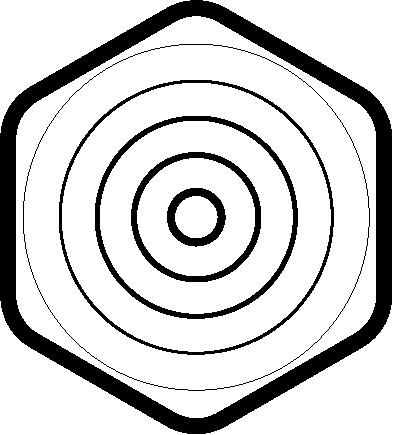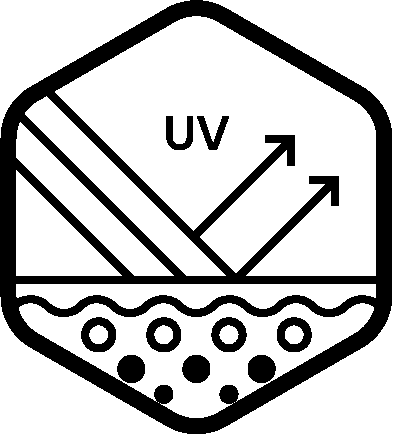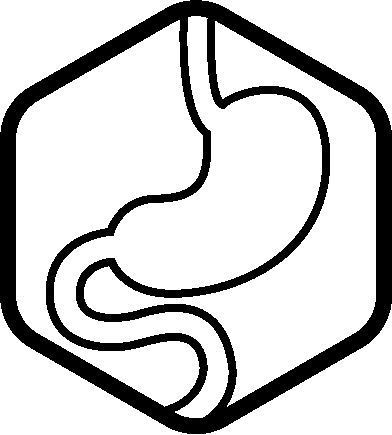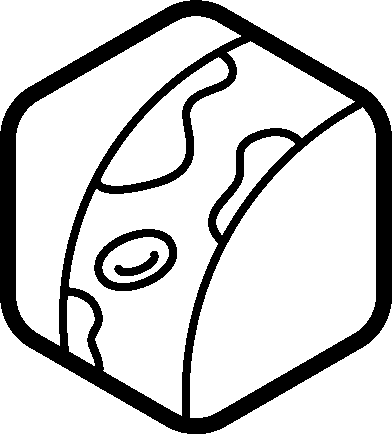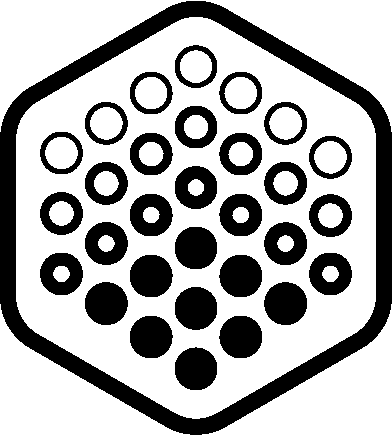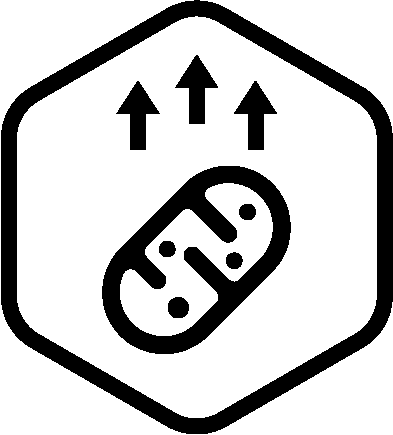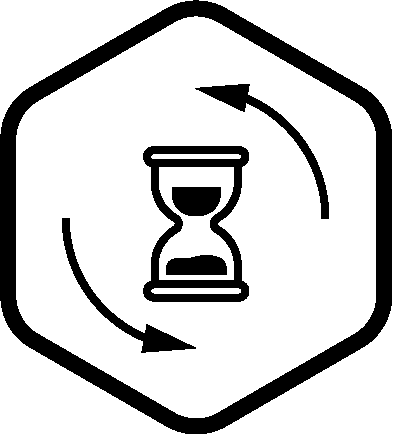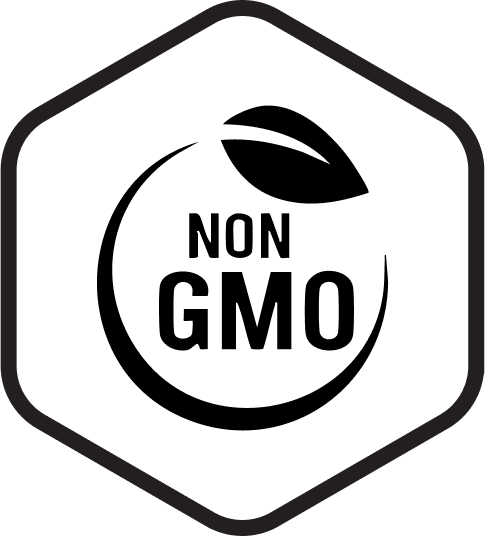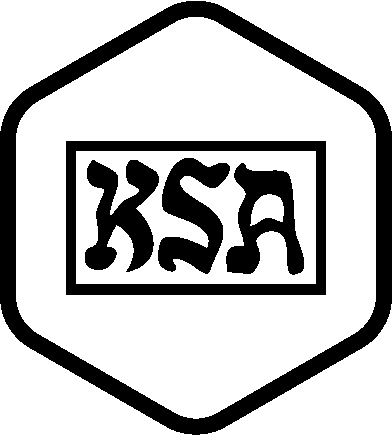2024-12-06
Total participants across studies: ~400, with diagnosed androgenetic alopecia or telogen effluvium
Most studies lasted 4 to 6 months, up to 12 months.
Various treatments and dosages.
Why Is This Study Important? Hair loss affects millions and often leads to psychological distress. While FDA-approved treatments exist, they come with limitations and side effects. This study systematically reviews botanical alternatives—many of which show promising results with fewer adverse effects. Apple procyanidins stand out in clinical results, and the quality and number of clinical trials. This study also presents a number of other natural compounds that may benefit patients in combined treatments.
You Should Know: Out of 8 compounds tested in randomized, placebo-controlled clinical trials (RCT's) reviewed, apple procyanidins and rosemary oil stood out as being the most effective.”
In Plain English: This study looked at plant-based treatments for hair loss and found that some, like apple extract and rosemary oil, can help regrow hair safely. These natural options might work as well as traditional treatments but with fewer side effects.
For Medical Professionals: This systematic review evaluates RCTs involving botanical agents for androgenetic alopecia and telogen effluvium. Procyanidin B-2, rosemary oil, and cetirizine demonstrated statistically significant improvements in hair density and count, with minimal adverse events. The review supports further investigation into phytotherapeutics as adjuncts or alternatives to conventional therapies.
